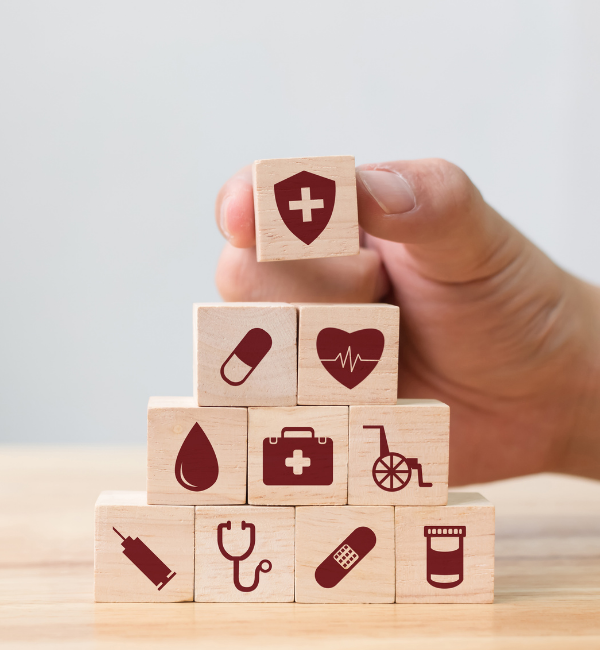Heart Rate


Learn about heart rate and why it is elevated during exercise.
What You Need
- Paper
- Pencil/writing utensil
- Stopwatch or timer
Activity Outline:
Safety Notes
Ensure you are familiar with Let's Talk Science's precautions with respect to safe delivery of virtual outreach to youth.
What To Do
Part 1: Resting heart rate
- Find your pulse (two ways)
- Neck: Place two fingers - your index and middle fingers, right under your jaw on your neck until you feel a thumping.
- Wrist: Place two fingers - your index and middle fingers, on your wrist on the side closest to your thumb until you feel a thumping.
- Count your pulse
- Count as many beats your heart beats in 15 seconds. It may be helpful to have someone keep track of the time while you count.
- Write this number down.
- Multiply this number by 4 to get your resting heart rate per minute.
Part 2: Active heart rate
- Exercise for one minute - make it fun! You can run on the spot, do jumping jacks or dance. Just make sure to keep moving for at least one minute.
- Quickly find your pulse (using the methods mentioned above). Count how many beats your heart beats in 15 seconds.
- Write this number down.
- Multiply this number by 4 to get your active heart rate per minute.
- Was there any difference in the number of beats before or after you exercised?
- If the number of beats did not get higher after you exercised, try exercising for a bit longer and take your pulse again.
Discovery
When your heart beats, it bring oxygen to the rest of your body. When you exercise, the muscles in your body need more oxygen which means your heart needs to beat faster. This is why the number of beats was higher after you exercised!
Our heart is an important organ in our body! It circulates oxygen and other nutrients to the rest of our bodies, while removing waste.
What's Happening?
When your heart beats, it bring oxygen to the rest of your body. When you exercise, the muscles in your body need more oxygen which means your heart needs to beat faster. This is why the number of beats was higher after you exercised!
Why Does It Matter?
Our heart is an important organ in our body! It circulates oxygen and other nutrients to the rest of our bodies, while removing waste.